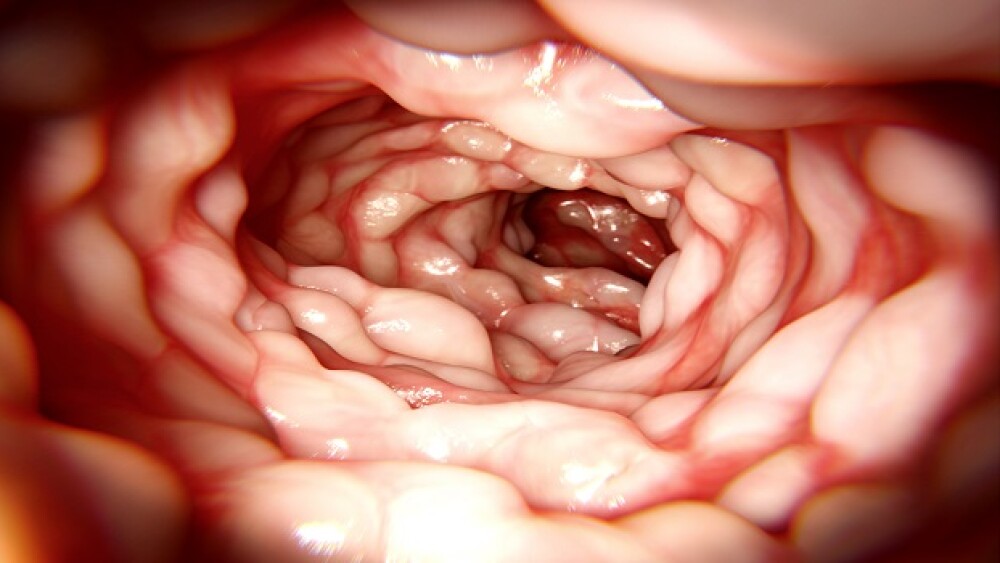RedHill Biopharma, with offices in Tel Aviv, Israel and Raleigh, North Carolina, announced positive topline data from its first Phase III trial of RHB-104 for Crohn’s disease. It met all primary endpoint and key secondary endpoints.
RedHill Biopharma, with offices in Tel Aviv, Israel, and Raleigh, North Carolina, announced positive topline data from its first Phase III trial of RHB-104 for Crohn’s disease. It met all primary endpoint and key secondary endpoints.
The topline results in the intent-to-treat (ITT) population showed the drug’s superiority over placebo in achieving remission at week 26. This was defined as Crohn’s Disease Active Index (CDAI) values of less than 150, which was the study’s primary endpoint. The proportion of patients on the drug who hit the primary endpoint was 37 percent compared to 23 percent in the placebo group.
Secondary endpoints were related to greater response and remission at various midpoints along the trial timeline. The drug was generally safe and well tolerated.
“This is the first global, double-blind, placebo-controlled study that demonstrates the efficacy of anti-MAP therapy in Crohn’s disease,” said Ira Kalfus, RedHill’s medical director, in a statement. “The results from the MAP US study are excellent, successfully meeting the primary endpoint at week 26 and demonstrating that treatment with RHB-104 also has an early benefit at week 16, which is persistent through week 52. The study results compare favorably to existing standard-of-care therapies. RHB-104 appeared to be safe and well tolerated in the study. We continue to analyze the study data and plan to meet with key opinion leaders and the FDA to present the data package and discuss the development path to potential approval of RHB-104.”
RHB-104 is a proprietary, orally-administered antibiotic combination therapy. The drug’s approach to Crohn’s is based on a hypothesis that the disease is caused by Mycobacterium avium subspecies paratuberculosis (MAP) infection in susceptible patients. The company notes, “The development of RHB-104 is consistent with the growing awareness of the possibility that a bacterially-induced dysregulated immune system may contribute to the pathogenesis of various autoimmune diseases of unknown etiology.”
The trial enrolled 331 patients with moderate to severe Crohn’s disease in the U.S., Canada, Europe, Australia, New Zealand and Israel. An extension study is ongoing to evaluate the drug in patients who remain active with Crohn’s after 26 weeks of therapy in the first Phase III trial. They expect that more studies will be required before being approved for a new drug application (NDA) submission.
About 1.5 million people worldwide have Crohn’s disease. Crohn’s is an inflammatory bowel disease that causes inflammation of the digestive tract, which can lead to abdominal pain, severe diarrhea, fatigue, weight loss and malnutrition. At this point, there is no cure, although drugs can reduce symptoms and, in some cases, bring long-term remission. In some cases, surgery is performed to remove the section of the bowel affected.
“I am impressed and extremely pleased with the results of the study, which indicate that RHB-104 could lead to a paradigm shift in the treatment of Crohn’s disease, a chronic and debilitating and currently incurable condition with a strong unmet medical need,” said David Graham, lead investigator of the trial in a statement. “Many patients with Crohn’s disease do not achieve remission on current standard-of-care therapies, which are accompanied with poor side effects. RHB-104 appears to have the potential to become a promising, new, orally-administered therapy for this important debilitating disease.”





